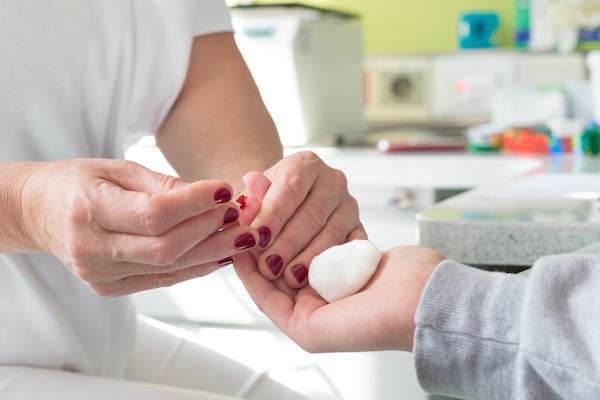
THURSDAY, July 12 (HealthDay News) — Many people are absorbing high levels of bisphenol S — a substitute for the chemical compound bisphenol A — when they handle cash register receipts and other types of paper, researchers say.
Bisphenol A (BPA), which is used to make plastics and epoxy resins, has been declared a toxic substance by the Canadian government, and has been banned by 11 states in the United States for use in baby bottles and children’s sippy cups. The U.S. Food and Drug Administration, however, has not made such a distinction.
Concerns about the health effects of BPA have led some manufacturers to replace it with bisphenol S (BPS), which is closely related to BPA and has some of the same estrogen-mimicking effects, the authors explained in the study published in a recent issue of the journal Environmental Science & Technology.
But there are unanswered questions about whether BPS is safer than BPA, the researchers noted in a journal news release.
For the study, the investigators analyzed 16 types of thermal cash-register paper, recycled paper and paper currency from the United States, Japan, Korea and Vietnam. They detected BPS on all the receipt paper, 87 percent of the paper currency and 52 percent of the recycled paper.
Compared with when BPA was more widely used, people may now be absorbing 19 times more BPS through their skin, and people who handle thermal cash-register paper in their jobs may be absorbing even more BPS, said Kurunthachalam Kannan, a research scientist at the New York State Department of Health, and colleagues.
More information
The U.S. Food and Drug Administration has more about bisphenol A.

